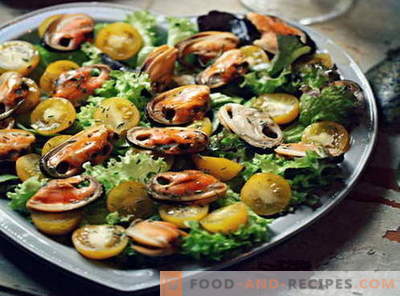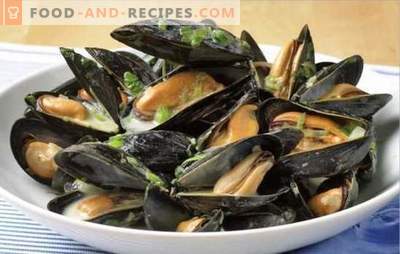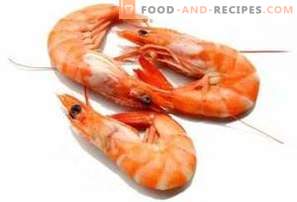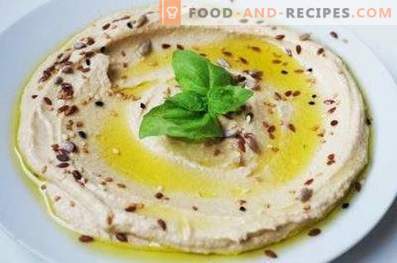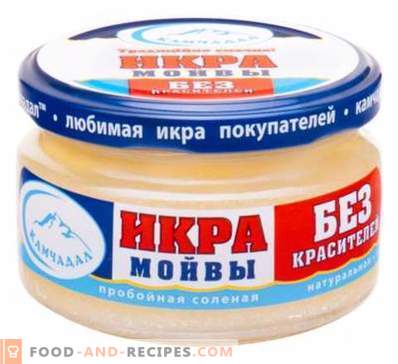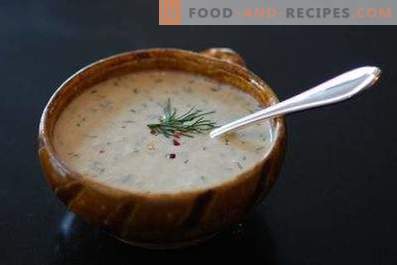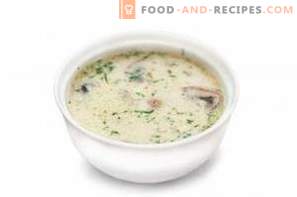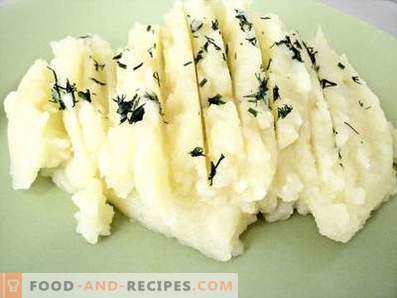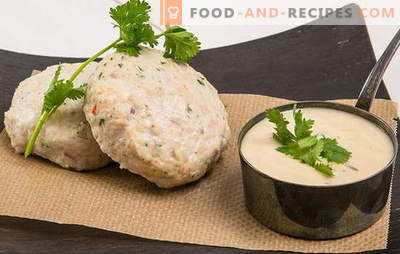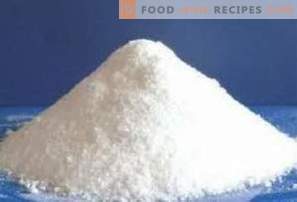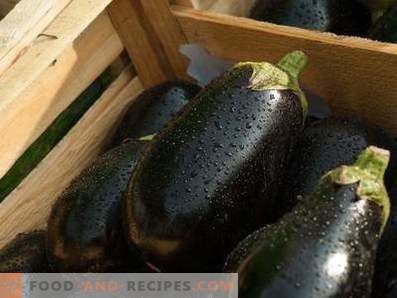
Among the gifts that the sea presents to us, mussels are among the most affordable. Great taste and excellent nutritional properties made these little shells a favorite dish of gourmets around the world. At the same time, there are a lot of controversial points in talking about the beneficial qualities of seafood delicacy, as well as about the possible harm from their use.
Composition and calorie mussels
Mussels are far ahead of most types of meat and fish in the amount of protein. But fats and carbohydrates they contain very little, so their caloric content is only 77 kcal per 100 grams. Thus, marine mollusks are a welcome guest on the table of those who lose weight and those who play sports.
In addition to protein, there are many vitamins D, E, PP and B in mussels. They can be considered as champions from all seafood in terms of the content of polyunsaturated fatty acids (especially many phosphatides and arachidonic acid), iodine, magnesium, manganese, calcium, iron and zinc. The abundance of antioxidants makes mussel meat a real “beauty” product that prolongs youth.
How are mussels useful?
Regular consumption of mussels has simply a magical effect on the body: bones become stronger, smoothes and skin glows from inside, internal organs work more harmoniously, and the nervous system stops presenting unpleasant “surprises” in the form of unexpected nervous stress or insomnia. Anti-inflammatory properties make mussels a good adjuvant in the treatment of diseases of the joints and bone apparatus. They are good for stimulating blood circulation, removing toxins and slags. Like other seafood, mussels have a beneficial effect on the thyroid gland.
Mussels enhance immunity, help to recover from many serious diseases. There is also an opinion that they are a powerful natural aphrodisiac, therefore they are recommended to be taken by men with sexual dysfunctions.
What are the disadvantages?
As they are, they also have. Mussels - a kind of natural sponge, which collects everything that is contained around them. Therefore, mollusks that lived in a polluted environment cannot be eaten. They can be poisonous and cause serious poisoning. However, this statement is correct only for mussels on “free-range”. Mollusks that are cultivated on special farms are safe, since on such farms they monitor the purity of the water.
In the rest, mussels practically have no contraindications to the use. Limiting their amount in the diet is advised except for those who suffer from diseases associated with bleeding disorders. And, of course, this is a forbidden product for anyone who suffers from allergies to all sorts of seafood.
How to cook mussels?
It should be noted that it is most useful to use mussels either as a separate dish without any auxiliary components, or as part of light salads with exclusively protein ingredients, without fatty dressings or sauces.
The maximum concentration of beneficial substances is preserved in freshly caught mussels, which have been lightly roasted in a pan until the shells open. After that, they can be slightly sprinkled with lemon juice and immediately begin to eat the delicacy.
For those who are not morally prepared for such culinary delights, there are plenty of other options: boiled, fried or baked mussels. They are used as a separate dish, and as a filling for pies, risotto, pizza, pasta. Prepare on their basis a variety of sauces and salads, added to soups.


